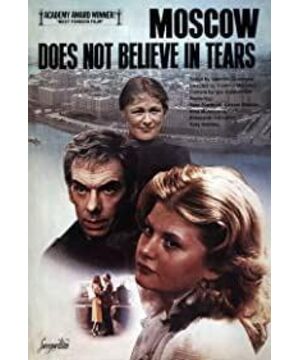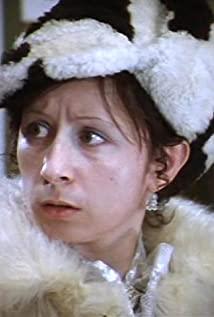One is that men at that time still could not get rid of the patriarchal ideology, but this kind of patriarchal ideology was manifested in the fact that on the one hand, the family was right (the first man of the female lead); The second man), which leads to a very distorted phenomenon, this "straight male cancer" as other neighbors say is actually a suture monster (female When labor is concentrated in the family, there is no such thing as social status); second, the first man of the female lead abandoned the female lead because the "social status" of the female lead's family was not as good as his own (I don't think it is Because of "deception", you can conversely think about whether it would be the same if someone with a high social status pretended to be a low social status), the second man of the heroine "runs away because the heroine's social status is higher than himself" ” (although he returned to the heroine in the end), it is a kind of portrayal of “no one outside the structure”; thirdly, combined with what some friends and neighbors said “the petty bourgeoisie is unreliable”, it can be seen that even in the Soviet Union, the stronghold of socialism, The petty-bourgeois marriage is still the gatekeeper, and working-class marriages also seem to be an investigation direction when looking at an individual’s social status; fourth, when women’s economic status improves and “women can hold up half the sky”, women are required to be like It seems that it is not just a matter of personal choice, which seems to be a matter of personal choice. Regional differences (influenced by local history and culture)
View more about Moscow Does Not Believe in Tears reviews








